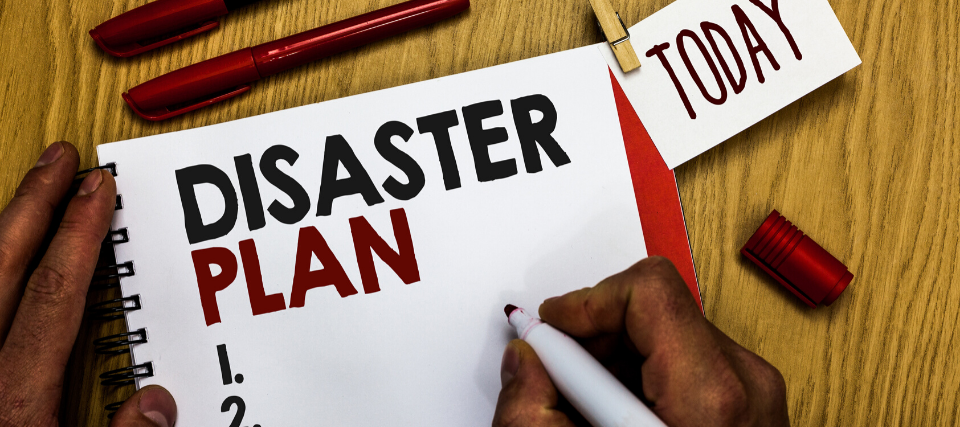In the healthcare industry we hope that disasters will never occur, yet we know they will. These may be in the form of a natural disaster, a manmade crisis, or a medical emergency, which in the most extreme instance implies a worldwide pandemic, such as Coronavirus disease (COVID-19).
Although the type of a future disaster and its timing remains elusive, what we know for sure is that eventually a crisis will occur that impacts the healthcare industry. The key is to assume that disaster will happen at some point and to plan for it accordingly.
Healthcare service carries many facets to consider when addressing disaster preparedness. A key element, which many healthcare managers overlook until it’s too late, is maintaining patient-facing communication in the midst of the crisis. As a ubiquitous tool, the telephone becomes the go-to communication channel that most people default to, especially during an emergency.
When a healthcare disaster occurs, ensure that your patients can continue to reach you. These may be for a myriad of concerns ranging from personal worry to potentially life-threatening symptoms. You must make sure your practice’s, clinic’s, or facility’s phone lines are answered 24/7 by people trained to field medical phone calls.
There are three times when disaster planning can take place to ensure uninterrupted phone access for your patients.
1. Before Disaster Strikes
The best time to prepare for disaster is before it occurs. This is also when healthcare business professionals are least likely to consider it.
It’s like the story of the man with a leaking roof. When it’s raining it’s not safe to fix it, but when it’s not raining the roof isn’t leaking. Don’t be like that man. Patch your leaking roof while the sun shines.
Contact a medical call center that specializes in disaster recovery. Don’t just call any answering service, assuming they’re all the same. Look for two key characteristics.
One is that they focus exclusively on serving the healthcare industry. Don’t go with a “jack of all trades,” because, as the saying goes, “they’re the master of none,” and they may not know jack about healthcare.
The second key characteristic is to make sure they offer a formal disaster recovery package. This indicates that they know what they’re talking about and have successfully provided disaster recovery service in the past. They will know what questions to ask, and they will use their experience to guide you in making the necessary preparedness decision.
2. In the Middle of a Crisis
Too often, however, managers don’t think about responding to a disaster until they’re in the middle of it. Though trying to arrange to have your telephone calls answered when you’re in the epicenter of a calamity isn’t too late to put a basic plan into place, it certainly isn’t the ideal time either.
You don’t have the luxury of time to focus on all the various aspects that must be addressed, and since you’re pushing your medical call center to get something into place fast, they won’t have time to implement a full package of comprehensive solutions.
Try to avoid lining up a healthcare call center to process your disaster recovery calls when you’re in the midst of a crisis, but if you find yourself in that situation, the best providers can put a basic package together on short notice. Then plan to round out the service options once the calamity is over.
3. After Danger Has Passed
A third scenario is to seek a disaster recovery solution for your telephone once the emergency is over. Don’t delay. Move forward right away when the details of what did work and didn’t work are still fresh in your mind. This will help you craft an all-inclusive disaster recovery solution that will meet your needs the next time one occurs.
Conclusion
Though no two emergencies are the same, a comprehensive disaster recovery solution will offer the flexibility, the coverage, and the solutions to meet most any crisis, however and whenever it occurs. What is essential is to go with a healthcare call center that provides disaster recovery as a standard service offering.
Learn how medical answering service from MedConnectUSA can help your practice, clinic, or facility. Then get a free quote to discover how affordable their healthcare communication services are. Peter Lyle DeHaan is a freelance writer and call center authority.





